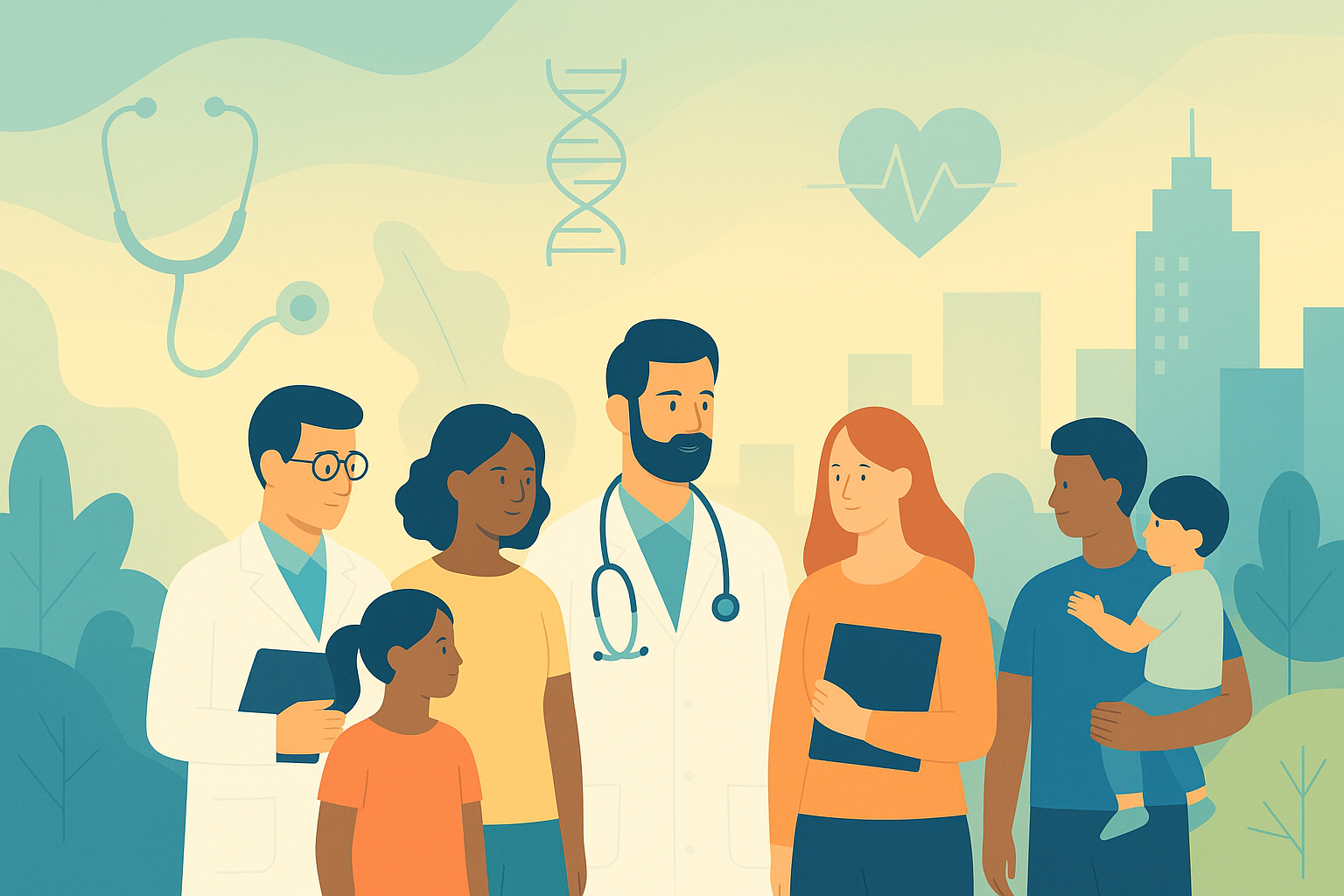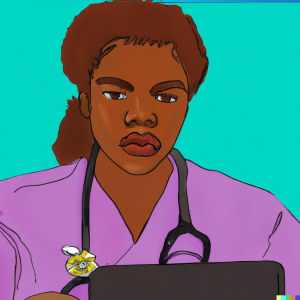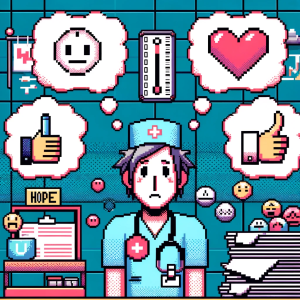
The Hidden Toll: Unpacking the Mental Health of Medical Staff Post-Quarantine
In the backdrop of global pandemics, our frontline healthcare warriors have been pushing through unparalleled challenges. But what happens when we lift the lid on their mental well-being post-quarantine? A recent study sheds light on this very concern, painting a compelling picture of the mental landscape of these heroes. Let’s dive into the findings and what they spell for the future of healthcare.
Study at a Glance
Researchers in China set out to examine the relationship between perceived stress, anxiety, psychological resilience, and depression among 150 medical staff members after a quarantine period. Using a battery of statistical tools, the findings are both intriguing and a clarion call for change.
Key Findings:
- Mood and Quarantine: Medical staff felt more symptoms of anxiety and depression during the quarantine compared to after. This means the immediate environment and the challenges therein play a pivotal role in mood regulation.
- The Domino Effect: Perceived stress indirectly led to depression. Here’s the catch: it operated through anxiety and resilience. When stress was high, anxiety increased. High anxiety further eroded psychological resilience, which in turn heightened depression.
- The Resilience Buffer: A silver lining emerged: Psychological resilience, the ability to bounce back from adversity, acted as a protective shield. Those with higher resilience reported lesser depressive symptoms, even in the face of stress.
Implications for the Healthcare Workforce:
- Mental Health is Paramount: While physical health has been at the forefront, this study signals the pressing need for initiatives addressing the mental well-being of our healthcare workers.
- Intervention is Key: Recognizing and managing stress and anxiety in its early stages can potentially prevent the onset of more severe depressive symptoms. Workshops, counseling, and peer group sessions can prove beneficial.
- Building Resilience: Training programs to bolster psychological resilience can act as a preventive measure, equipping staff with tools to navigate challenging times.
- Tailored Support Systems: With the revelation that perceived stress plays such a pivotal role, healthcare institutions might consider developing support systems tailored specifically to tackle stress. This could include flexible work schedules, relaxation zones, or even professional development opportunities that offer a change of pace.
Conclusion:
The study’s revelations underscore an urgent need: To prioritize the mental well-being of our healthcare workforce. In the face of global adversities, it’s imperative that we not only celebrate our frontline warriors but also equip them with the support they need, both mentally and emotionally.
By recognizing, addressing, and working towards creating a more supportive environment, we can ensure that our frontline workers are not just cared for, but also mentally fortified to face the challenges ahead. After all, a healthy healthcare worker, both physically and mentally, paves the way for a healthier world.



